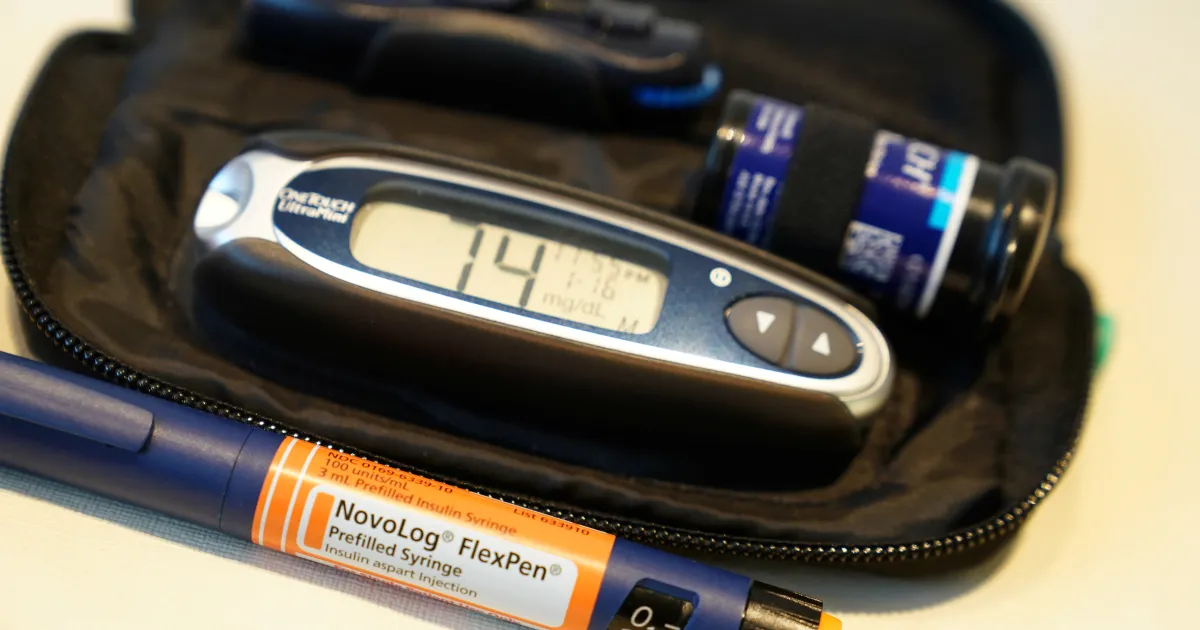Crisis Looms as Insulin Shortages Worsen Amid Pharmaceutical Priorities
In the backdrop of pharmaceutical shifts, Skye Murphy, a 22-year-old grappling with type 1 diabetes since adolescence, faces an alarming reality. The news of a 30-to-60-day delay in her Humalog insulin supply from Eli Lilly sends shockwaves through her life.
The Dwindling Supply
Eli Lilly’s announcement in March cited a “brief delay in manufacturing” as the cause of the insulin shortage, affecting critical medications for weeks. However, details on the scarcity have been conspicuously omitted from subsequent releases, leaving patients like Murphy stranded.
The Human Toll
With over 38.4 million Americans reliant on insulin for survival, the impact is staggering. Murphy’s plight epitomizes the struggle, as she scrambles to ration her last vial, unable to secure a refill despite exhaustive efforts across Chicago.
Pharmaceutical Dominance
Eli Lilly, alongside Sanofi and Novo Nordisk, controls the global insulin market, with the latter two responsible for 75 percent of it. Yet, both giants are grappling with shortages, exacerbating the crisis faced by patients like Murphy.
Personal Implications
Murphy’s predicament is dire; the prospect of resorting to generics looms large, albeit with considerable apprehension. The FDA’s allowance of up to 20 percent variation in active ingredients underscores the risks involved, threatening Murphy’s hard-won stability in managing her condition.
In a healthcare landscape where profit often trumps patient well-being, Murphy’s story serves as a poignant reminder of the human cost of pharmaceutical prioritization.















































